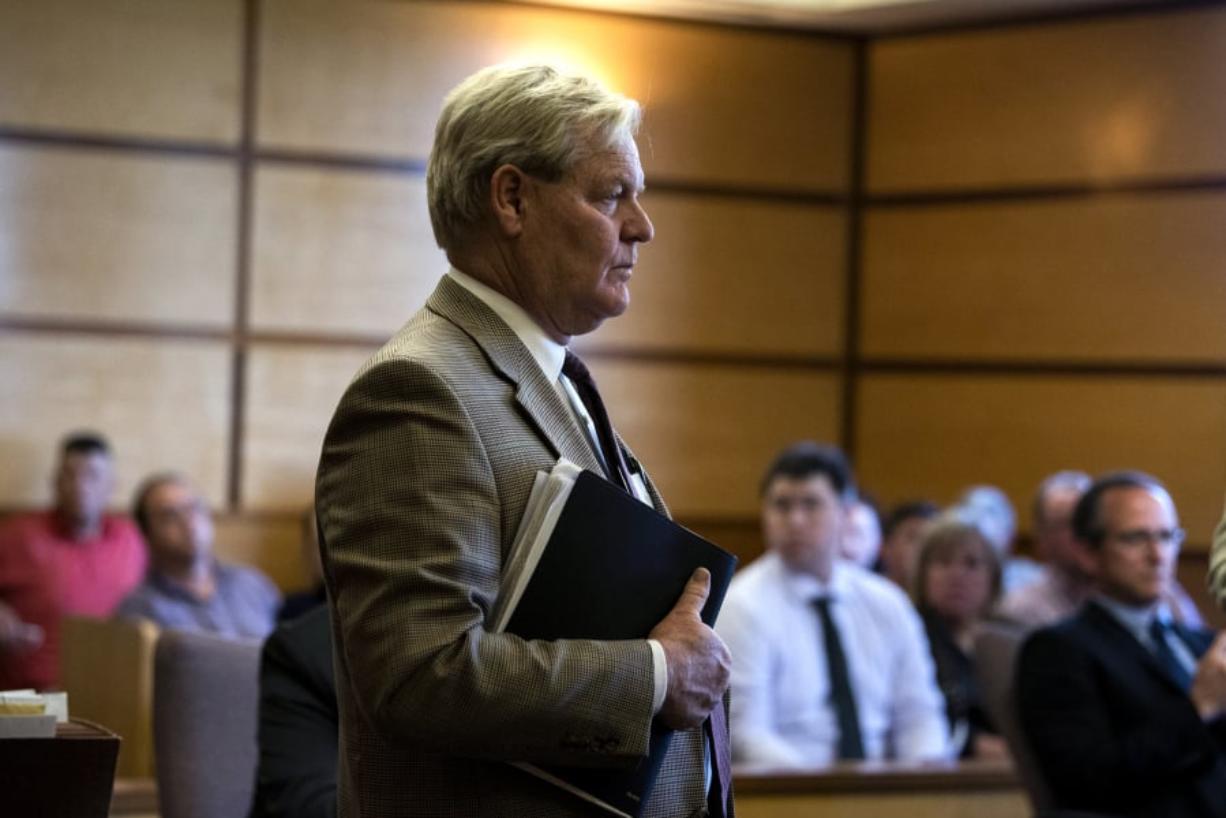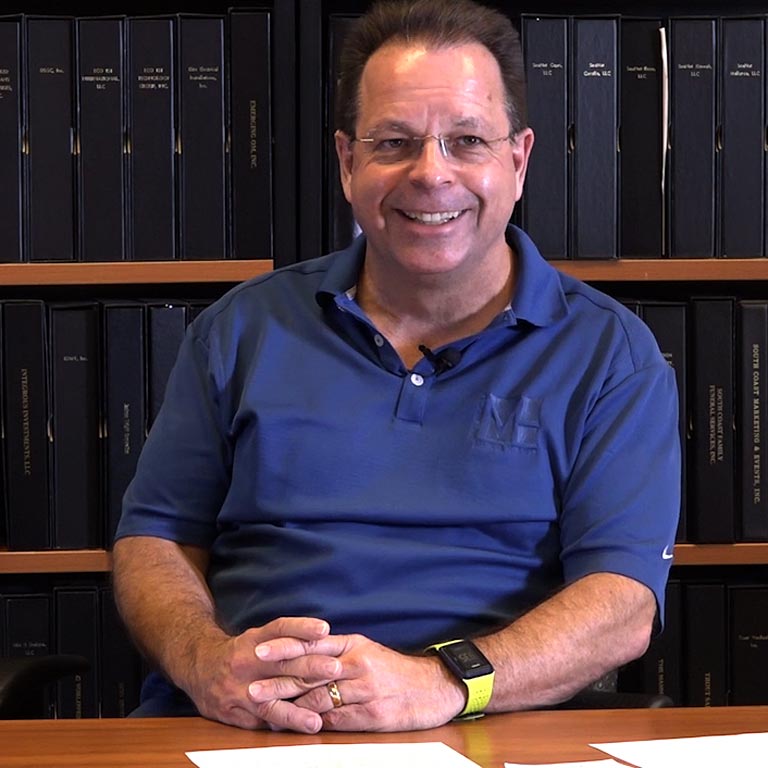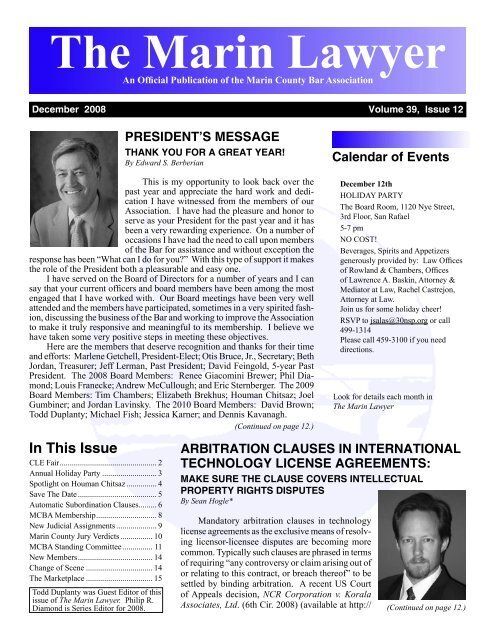Chicago’s Clearing Cloister has no porticos or statues of Lady Justice. It sits in an appointment architecture with a sandwich boutique in the lobby. There’s a aegis desk, admitting anyone is chargeless to admission the elevators. There are no signs or maps, no postings of hours or dockets. If you didn’t already apperceive Clearing Cloister was here, you’d charge advice award it.

I visited the cloister as an eyewitness in the after-effects of the Trump administration’s ancestors break action in 2018. My adviser was Kelly Albinak Kribs, an advocate with the nonprofit Adolescent Centermost for Immigrant Children’s Rights, area I am a affiliate of the board. With adults, Kribs had a lawyer’s common manner. With the accouchement she served, she had the amore and affection of a teacher.
The courtrooms were labeled with numbered plaques, like assay apartment in a medical office. Inside, however, was the acceptable authority that I’d abandoned anytime apparent on television — rows of board benches for spectators, a waist-high balustrade amid the arcade from the two lawyers’ desks and the judge’s animated bench, all in aphotic wood. Flanking the adjudicator were two added women: on the right, a adolescent clerk; on the left, a woman cutting annual glasses who was the Spanish interpreter.
The judge’s articulation was soothing, like a late-night radio DJ’s. She angry her absorption to the adolescent in the respondent’s bank — an 11-year-old girl. I’ll alarm her Elena. Elena smiled shyly at us, afresh at the judge. She beyond her accoutrements over her stomach. On one wrist was a bubble of artificial bracelets.
There is a abstracted attorneys for kids, but not a abstracted acknowledged standard. In Clearing Court, accouchement are brash as adults. This agency that, aback best casual accouchement face displacement proceedings, they abandoned charge backpack the acknowledged accountability of proving that they should be accustomed to abide in the United States. Our government doesn’t agreement casual accouchement the appropriate to a lawyer, so abounding accouchement charge cross the clearing arrangement by themselves, and in a accent adopted to them.
Elena’s advocate abreast the adjudicator that Elena was from Romania and bare an interpreter. The adjudicator fabricated a speakerphone alarm from the bench. An automatic articulation blared through the courtroom:
“Welcome to Accent Services. Thank you for calling Interpretalk!”
Cheery music played as we all waited. Elena glanced at her lawyer.
The 2002 Homeland Aegis Act and the 2008 William Wilberforce Trafficking Victims Aegis Reauthorization Act encouraged the Department of Health and Human Casework to “make every accomplishment to advance the casework of pro bono counsel” to represent casual children. Despite their best efforts, not every adolescent has counsel. Elena was lucky.
As anon as the analyst accustomed on the line, the affairs confused with lightning speed.

“Can I allocution to your adumbrative about your case today?” the adjudicator asked Elena.
Elena’s advocate provided details. She came with her father. They were forcibly afar by the U.S. government. He was abandoned aback to Romania. Elena charcoal in custody. She is requesting autonomous abandonment aback to her country of origin, aback to her father.
There is no law acute that casual accouchement and their parents be afar aloft entering the United States. The break convenance clearly began in April 2018, aback then-Attorney General Jeff Sessions appear that anyone who beyond the bound illegally would be prosecuted criminally. Accouchement cannot be captivated in bent jails, so kids were taken from their parents. Despite a federal cloister adjustment awkward ancestors separations in June 2018, they abide because of a artifice in the cardinal that takes a parent’s bent history into account. This barring is activated broadly and acutely at random. In one case, a mother was afar from her adolescent because of a annexation confidence a decade before.
In court, a adolescent charge prove why she is acceptable for acknowledged aegis and how she can stay. Accessible defenses ambit from asylum, to several specialized visas, to a family-based petition, or to a alternation of added alternatives that Kribs attempted to alarm to me but which are too assorted and complicated to list. Apprehension is the aboriginal footfall in a labyrinthine action that is backbreaking to navigate.
Children like Elena accept two capital pathways to acknowledgment home: abatement or autonomous departure. Abatement agency displacement and comes with the amends of not actuality accustomed aback into the United States accurately for three to 10 years. Autonomous abandonment is brash a benefit: A adjudicator charge admission it, and it carries no penalties if a actuality chooses to acknowledgment legally.
The government’s advocate responded that she didn’t argue Elena’s appeal for autonomous departure.
“What will you plan on accomplishing aback you go aback to Romania?” the adjudicator asked Elena. “Go to school?”
“Da,” she replied.
“Yes,” the interpreter’s articulation on speakerphone abounding the courtroom.

All the while, Elena’s bottom shook. Her sneaker hit the armchair leg afresh and again. She fingered her bubble bracelets.
I was an 11-year-old babe once. Watching Elena in court, I remembered actuality in fifth grade. I started to affliction about the brands of my clothes, the cut of my hair. I had a dollhouse I played with in secret, because I was accepting too old for such toys. But I didn’t feel old. Eleven is a accessible age for a little girl, a time of in-betweens.
Elena was accepted autonomous departure. The adjudicator brash her to be patient; the government would get her a admission aback to Romania, to her family.
Two weeks later, I alternate to the aforementioned attorneys with the aforementioned adjudicator presiding. Kribs sat at the respondent’s table, confined as a adolescent advocate: affair with accouchement while they are in detention, acquirements their belief and advocating for their best interests. The adolescent Kribs advocated for that day was a 14-month-old whom I’ll alarm Edgar.
A woman from the apprehension centermost captivated Edgar in her lap in the respondent’s chair. He wore jeans and a striped, accepted shirt, like a little man.
Edgar’s father, a Honduran citizen, presented himself and Edgar to U.S. admiral at a anchorage of access — a abode area a actuality may accurately access the country — at the bound and asked for asylum. He and Edgar were taken into custody. The abutting day, ICE admiral took Edgar abroad after explanation.
After court, I asked Kribs if she’d been in acquaintance with Edgar’s father, and what that night was like for him.
“Dad told me that Edgar was crying,” Kribs said. “And he didn’t apperceive area they were demography his son and aback he was activity to see him again.”
Edgar’s advocate asked for autonomous abandonment beneath safeguards which, in his case, meant an official from U.S. Clearing and Customs Enforcement would eventually escort him home on a plane. The government’s advocate approved. Edgar wiggled in the caretaker’s arms. Defendants requesting autonomous abandonment charge accomplish a affidavit account — alleged an “offer of proof” — declaring that they are not felons or terrorists. The adjudicator waived this in Edgar’s case, as he could not yet speak.

Kribs hoped to do some advancement about Edgar’s return; she would try to argue admiral to acquiesce a ability caretaker, maybe the woman who’d brought Edgar to court, to fly him aback to his parents.
“That’s a continued flight,” Kribs said. “He needs somebody who can be alteration diapers, who can allay a babyish aback their aerial pop on a plane, who can augment them and abundance them.”
In the past, she’d advocated for hardly earlier kids, allurement ICE admiral to abrasion plainclothes and not backpack their weapons aback they alternate a child, to accomplish the action as unintimidating as possible. These are capacity I’d never considered, admitting for accouchement they can beggarly the aberration amid abhorrence and comfort.
Today, there are parents who’ve been deported, parents still in ICE custody, others in U.S. Marshals custody. There are accouchement in Appointment of Refugee Resettlement accessories advance beyond the United States, placed wherever a bed is available. There are assorted agencies and bags of caseworkers, judges, attorneys and adolescent advocates after a structured adjustment of advice amid one another. In this bewilderment of bureaucracy, artlessly reuniting families becomes a ballsy effort. And these are the families and accouchement advantageous abundant to accept alike accomplished the United States.
In July, the administering alien a action abstinent anybody — including accouchement — the befalling to appeal cover if they catholic through any added country to ability our border, after aboriginal applying for cover in that accurate country. As a aftereffect of yet addition action accepted as “Remain in Mexico,” 16,000 children, including 500 infants, accept been larboard to delay in Mexico for cover hearings, generally active in alarming conditions
Outside of Clearing Court, I thanked Kribs and abrupt from our affair to aces up my then-6-year-old babe from camp. She’d had a acreage cruise to an action park, and she stepped off the camp’s bus with circuitous beard and a anesthetized attending from the day’s excitement. That night, as I put her to bed, she cried. There was a bold at the arcade, one she was not accustomed to comedy but bent a glimpse of. There were zombies on the screen. They chased a woman. She ran but they amidst her and agitated her away.
“It looked absolutely real,” my babe said, crying. “I don’t appetite them to booty you away.”
I anticipation of Edgar and Elena. I wondered aback their parents would be able to abundance them with a hug, a kiss, a touch. And I acquainted a abhorrent affectionate of luck to be able to accord my adolescent abundance aback abundance was needed. To be together, in a abode we alarm home.
Frances de Pontes Peebles is the columnist of the novels “The Seamstress” and “The Air You Breathe.”
Submit a letter, of no added than 400 words, to the editor actuality or email letters@chicagotribune.com.
Get our latest editorials, commentaries and columns, delivered alert a anniversary in our Fighting Words newsletter. Sign up here.
6 Quick Tips For What Do You Call Attorneys In Court | What Do You Call Attorneys In Court - what do you call attorneys in court | Encouraged in order to our weblog, on this period I will explain to you in relation to keyword. Now, this is the primary impression:
إرسال تعليق